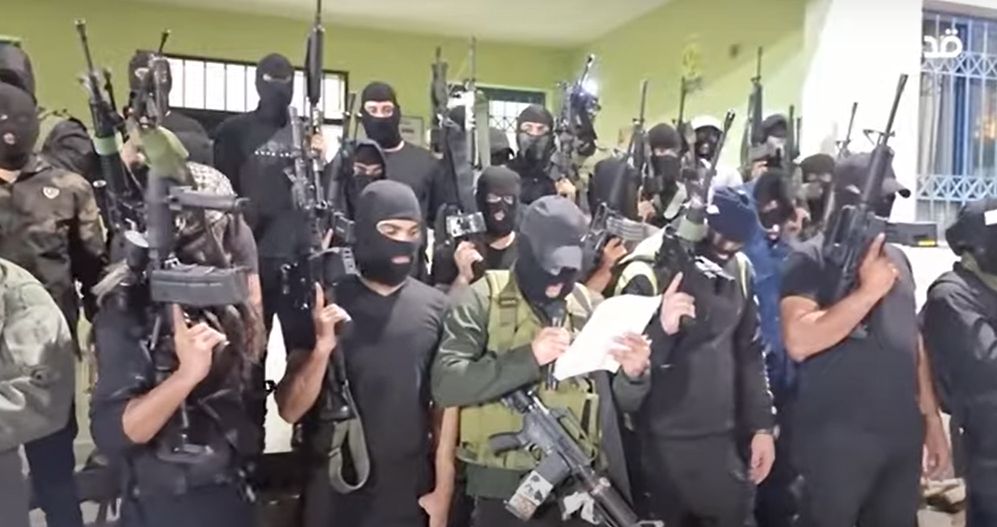The PA is grappling with widespread unpopularity among Palestinians, raising concerns about the viability of its campaign from the outset. Public sentiment is firmly against the PA.
Over the past two years, these armed groups have successfully discredited Mahmoud Abbas’s leadership in Palestinian public opinion.
They portray him as a collaborator with the Israeli security system.
The Palestinian Ministry of Information, along with PA security agencies and Fatah leadership, has adopted a fresh narrative against the armed terrorist groups.
They contend that external funding from Iran and Hezbollah fuels the groups’ military activities.
This, they argue, aligns with Israel’s interests, aiming to weaken the PA’s position and sow chaos in Judea and Samaria, emulating models seen in Syria and Yemen, potentially leading to a Palestinian civil war.
Sources in Nablus suggest that PA security mechanisms maintain coordination with Israel.
Some claim that these mechanisms provided intelligence to Israel leading to the swift arrest of Khaled Tabila, the leader of the “Lions’ Den” terrorist group in Nablus by IDF forces on September 22nd.
The change in the PA’s messaging towards armed groups in northern Samaria underscores the dire situation of the Palestinian Authority’s security forces.
They face marginalization and accusations of being “agents of Israel” while the armed terrorist groups garner respect on the Palestinian street.
The PA’s official press has been directed to promote these new messages.
Reports from the Gaza Strip suggest that the PA’s security agencies have provided substantial sums to Palestinian journalists in Judea, Samaria, and the Gaza Strip to persuade them to disseminate the new narrative against the armed groups.
Fatah has taken to social media, sharing a video from the “Al-Aqsa Martyrs’ Brigades.”
The video urges the organization’s members in Judea and Samaria to confront armed activists supported by Iran.
These groups have been targeting PA facilities in Jenin and Nablus in an attempt to provoke internal conflict.
Mahmoud Abu Al-Heija, the editor-in-chief of “Al-Hayat Al-Jadida,” the PA’s mouthpiece, published an editorial in which he accused Islamic Jihad activists in Jenin of being supported by Iran and contributing to unnecessary Palestinian bloodshed.
There is substantial skepticism regarding the PA’s campaign against the armed groups. It appears to have been launched too late and faces deep-rooted public mistrust of the PA and its leadership.
The armed groups contend that this campaign aligns with Israel’s propaganda and is based on falsehoods.
Conclusion: The Palestinian Authority’s bid to rehabilitate its image while confronting armed groups is fraught with challenges.
Its unpopularity among Palestinians and doubts about the campaign’s authenticity make success uncertain. The armed groups argue that this campaign serves Israel’s interests and is built on false premises.




